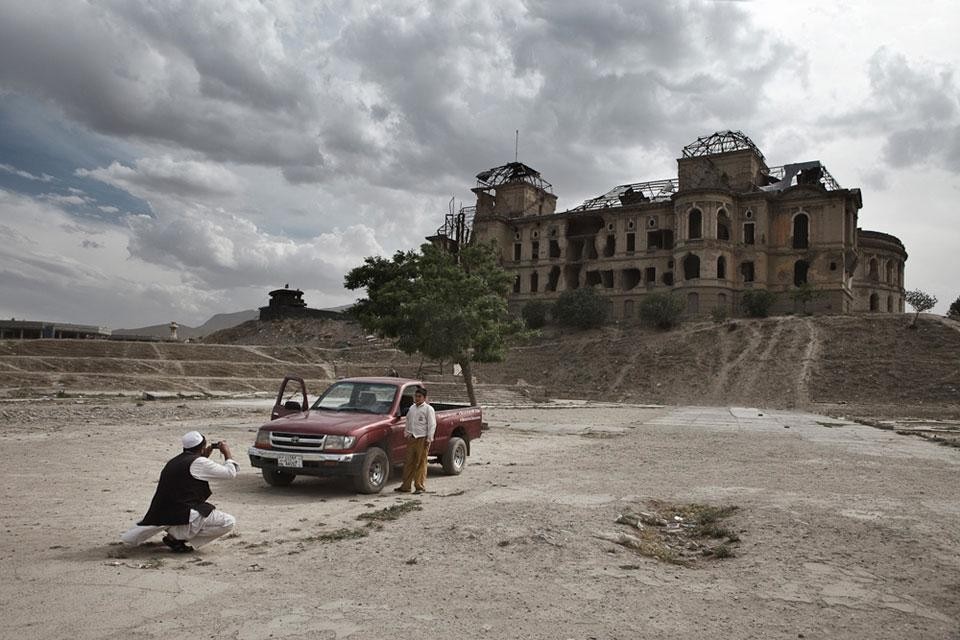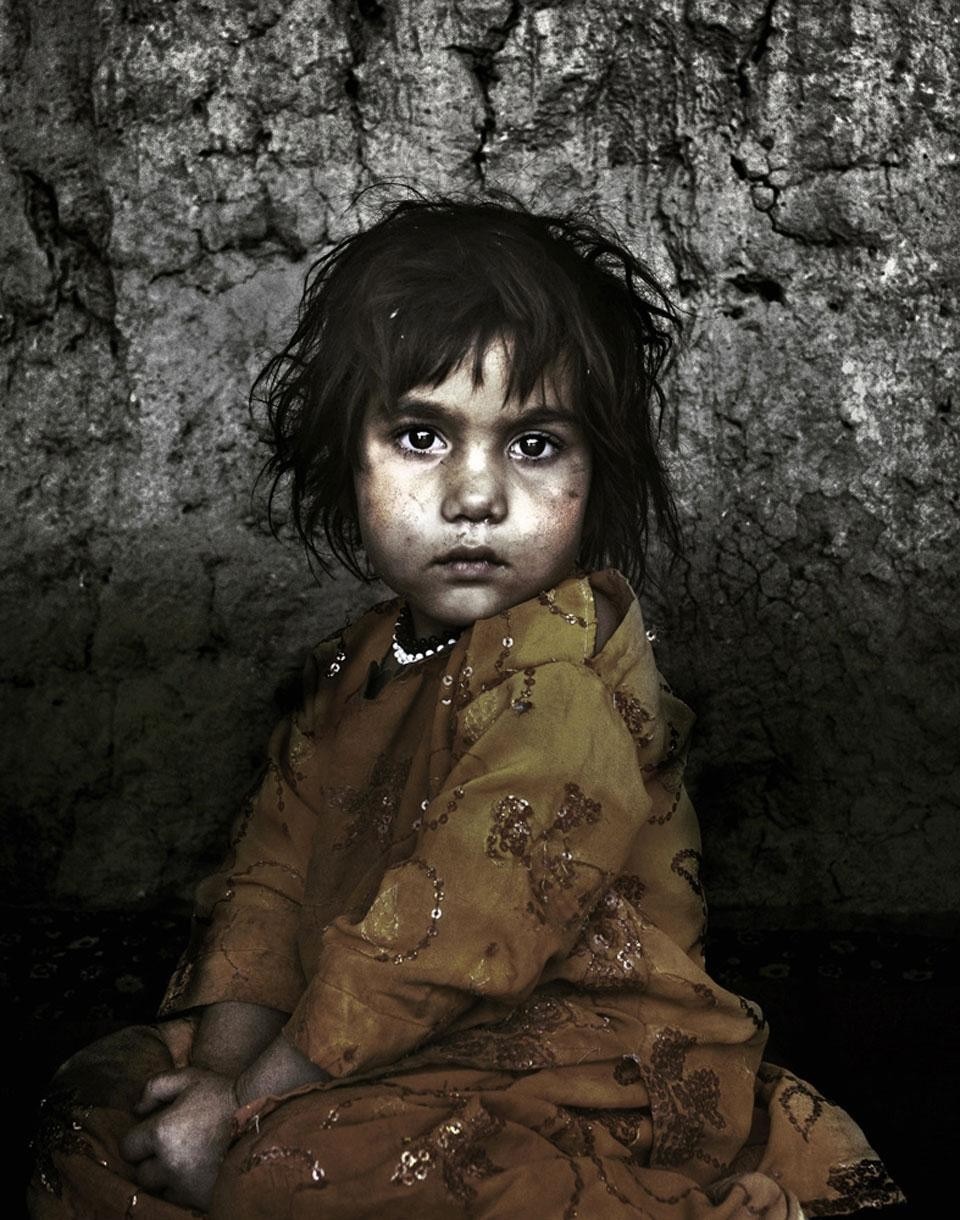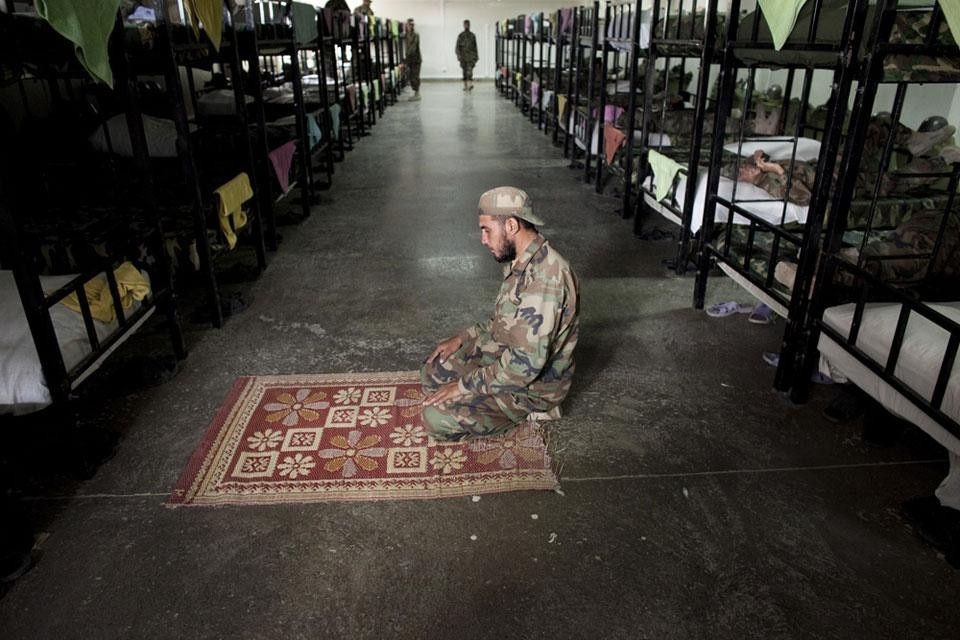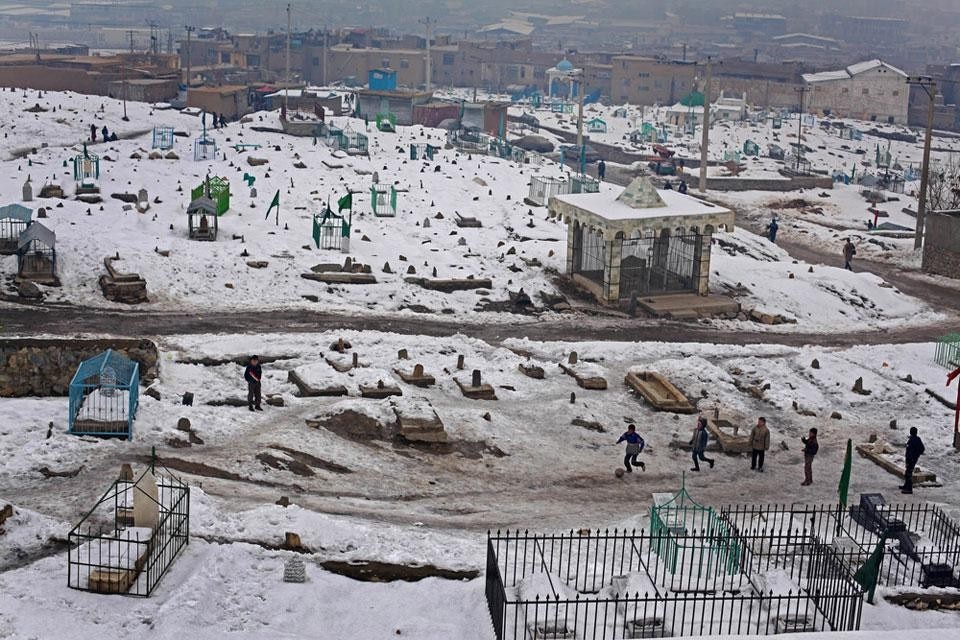Afghanistan is one of the features of this accustomed landscape: the story of a war apparently won years and years ago that however continues to occasionally bounce back onto our television screens and seems to be never ending. The number of deaths, road ambushes and attempted suicides perhaps raise an eyebrow but have lost the sensational aspect that keeps interest alive in a sustained fashion over a long period. In 2011, the news linked to Afghanistan accounted for about two percent of the entire production of information in the US. Surprisingly little for a country that has 68,000 soldiers spread over the territory and has set aside 1,300,000 euro for the Post Operation Emergency Relief Fund, the human aid that follows military operations. With the prospect of American troops being withdrawn in January 2014 and the plan to reduce military presence to around 10,000, there is a risk that the debate linked to Afghanistan will gradually disappear from the public arena, becoming relegated to discussion within specialist circles. A story that is over as far as public opinion is concerned, an ancient tragedy, an episode that has been moved from the present and placed in the archives.
In order to counter the risk of this kind of occurrence, Luke Mogelson (Editor), Marcos Barbery (Publisher) and Pieter Ten Hoopen (Photo Editor) have set up Razistan, a collective of Afghan and international photographers (Fardin Waezi, Javier Manzano, Joel van Houdt, John Wendle, Jonathan Saruk, Lorenzo Tugnoli, Mikhail Galustov, Sandra Calligaro, and Pieter ten Hoopen) who intend to keep interest in the country alive, making a contribution towards restoring the complexity of a context that is often the victim of heavy simplification at both a visual and conceptual level. In Dari, the language spoken by the majority of the population, Razistan means Land of Secrets, a name that points to a desire to investigate the multiple aspects of everyday life in Afghanistan outside of the clichés and stereotypes.


One of the great assets of Razistan is in the variety of voices and views that are offered by its photographers: journalists that put forward a multiplicity of approaches and interests in such a way as to do justice to the complexity of Afghanistan today




